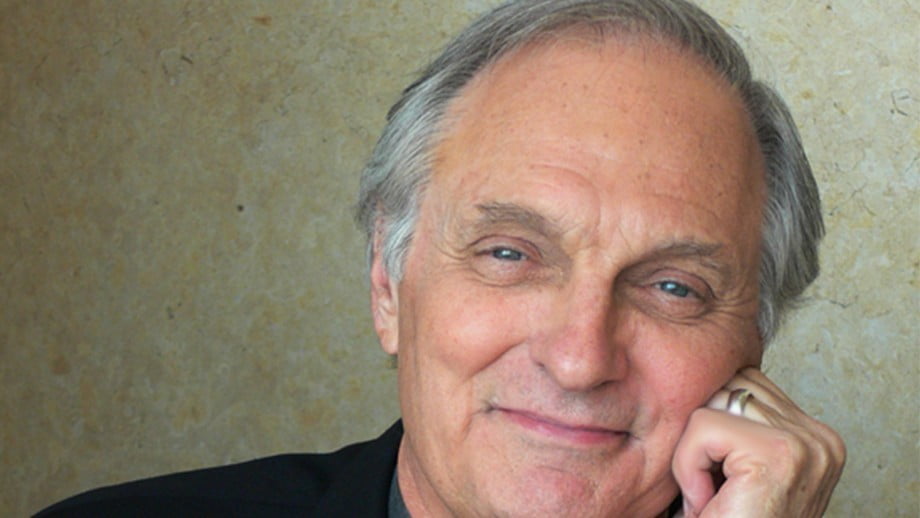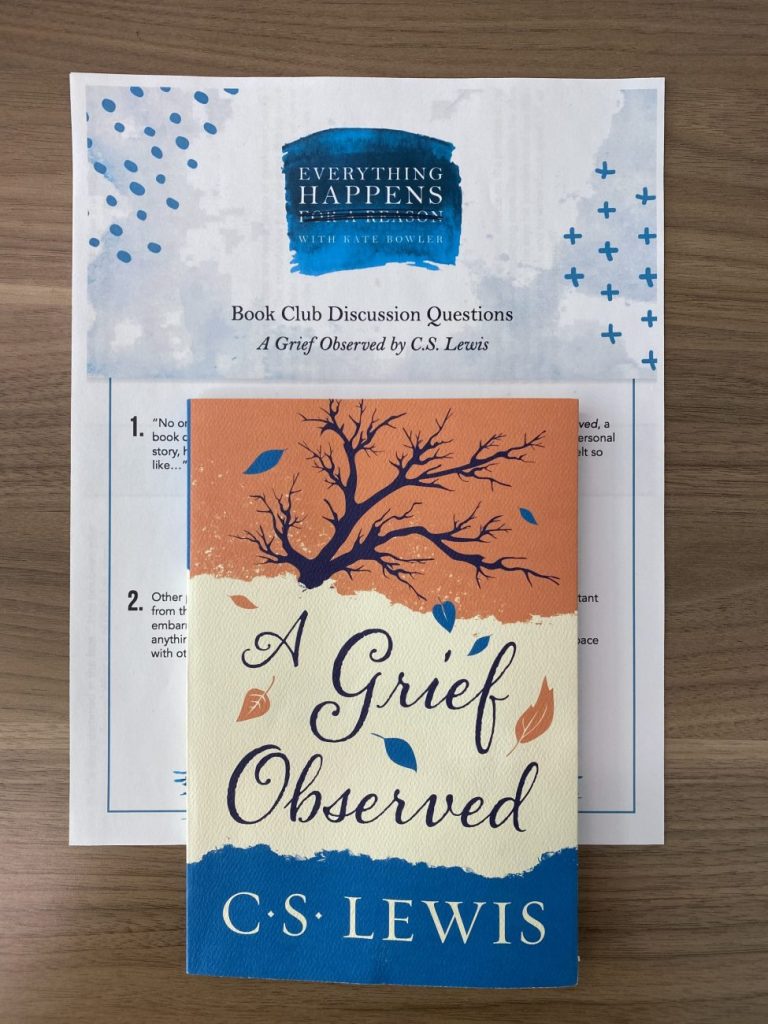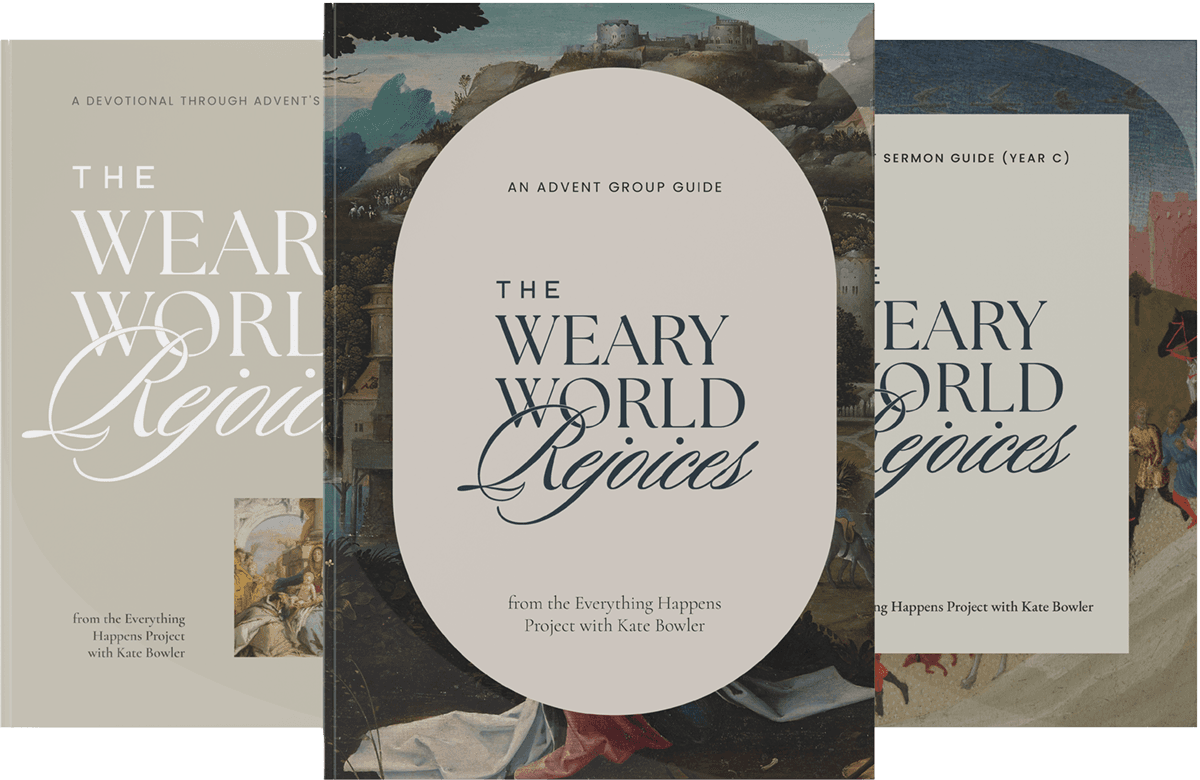Patients Don't Bite
Imagine this: you’re lying back in a dentist chair. Your dentist is descending on you with a flashy steel scalpel, about to cut out one of your front teeth. As the morphine begins to blink your eyes closed, your dentist says, “Now, there will be some tethering to compensate your lateral incisor. Make sure you’re ready.”
Would your instinct be to respond with:
- Anesthetic delirium and drooling
- Enthusiastic, convivial acquiescence
- Measured and meticulous questioning
- Blank stare
Well, this is exactly what happened to Alan Alda (yes, THAT Alan Alda). It was one of the moments that changed his perspective on the value of effective communication, and how crucial it is for professionals with highly technical vocabulary to clearly relay sensitive information. By the way, my response to the above example is usually B, sometimes A and never C. I’m known more to joke about making necklaces of teeth than accurately list my pre-surgical concerns.

Effectively communicating with people is hard at any moment (why do you think there’s a market for 22 seasons of The Bachelor?), but is especially difficult during tough times.
Take the nervous little intern who was tasked with giving me my Stage IV diagnosis. It felt like I was behind glass, trying to reach out for an empathetic touch, but couldn’t make contact. I wanted him to get down on my level and to look me in the eye. Even just a hand on my arm, and to say, “Look, this is what’s happening right now.” Instead, the awkward conversation left me looking up words like metastasis after being addressed in a tone I like to call “hostage negotiator neutral.”
It makes you wish the people giving the hardest news were always the best at it. Alan sat down to teach me a little of what he’s learned with his project of teaching theatre improv to working professionals – including doctors.
Alan gave some really simple and perfect advice: get to know more about the person besides their calamity. Alan calls this “keeping the open channel.” The more we see someone as a complex person with histories, dreams and values, the better we are able to relate. We are able to be their mirror, reflecting back at them the empathy we all seek.
The relationships I have with doctors as a human and doctors as a patient have been totally different. There is a clear power dynamic. Part of this is through necessity, obviously. People with decades of medical education should surely be the only ones cutting half my liver out. But part of it must be because there is a disconnect between person and professional. Remember what my friend Dr. Ray Barfield previously said? In a field where mortality is a fact of the 9-5, medical professionals are taught to sequester their emotions as an act of self-preservation. A doctor closing himself off gives him the power over a vulnerable, emotional patient.
Why do we keep people at a distance when we know how good it feels to connect? What happens when we actively work to break down our barriers?
Click here to listen to Alan’s interview, and hear about how his improv work is recreating relationships, and find out why I can’t call myself a cancer survivor.
_______________________________________________________________________________________________
 Alan Alda is an American actor, director, screenwriter and author. He is known for his roles on M*A*S*H and The West Wing. He has also appeared in many feature films, most notably in Crimes and Misdemeanors and The Aviator. The seven-time Emmy Award and Golden Globe Award winner is deeply invested in helping the technical community learn to communicate effectively to the public. Read more in his latest book, If I Understood You, Would I Have This Look on My Face?
Alan Alda is an American actor, director, screenwriter and author. He is known for his roles on M*A*S*H and The West Wing. He has also appeared in many feature films, most notably in Crimes and Misdemeanors and The Aviator. The seven-time Emmy Award and Golden Globe Award winner is deeply invested in helping the technical community learn to communicate effectively to the public. Read more in his latest book, If I Understood You, Would I Have This Look on My Face?








